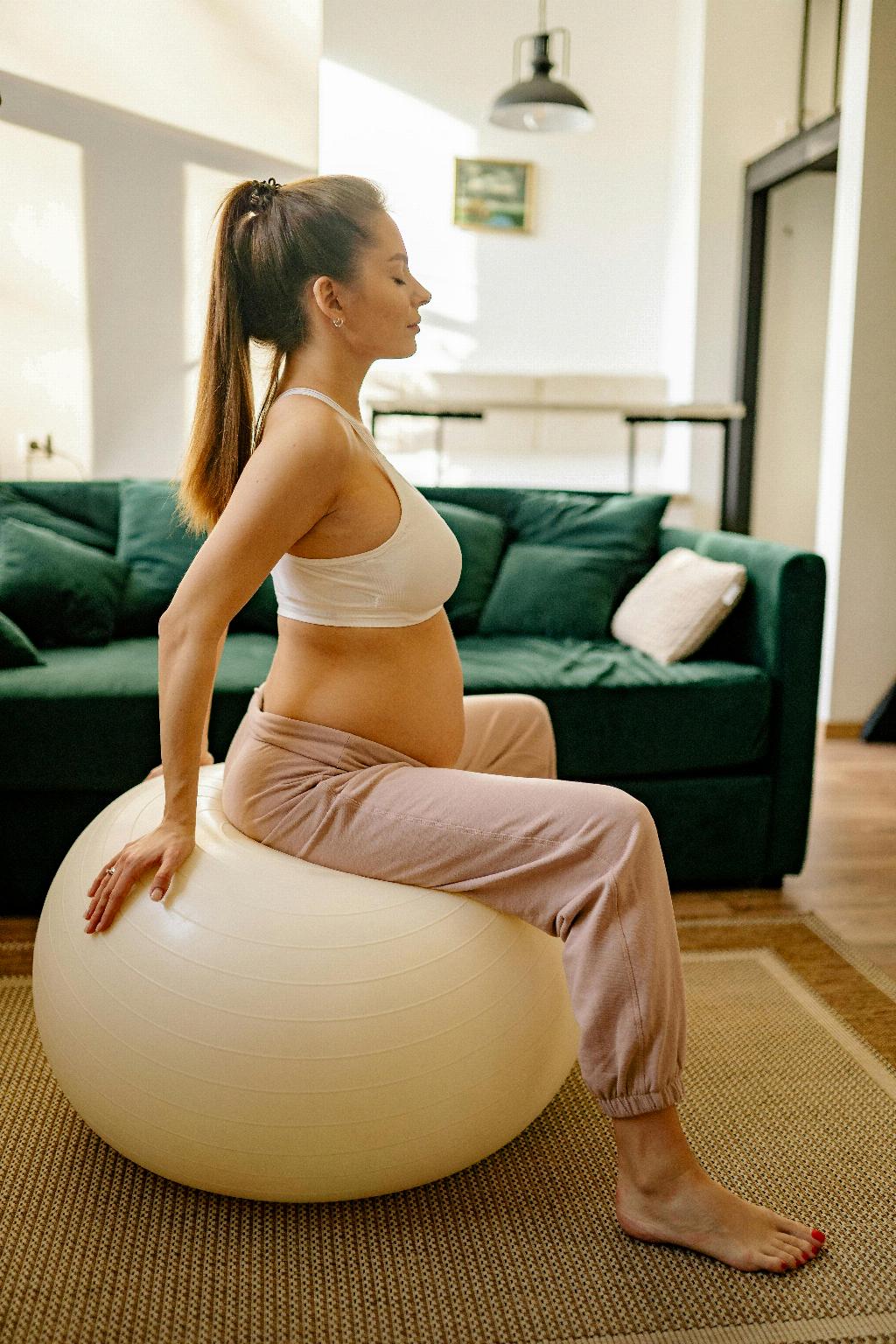There are several factors that can lead to the absence of periods following childbirth, one of which is exclusive breastfeeding. When you fully breastfeed your baby, including during the night without introducing bottles or pacifiers, it can impact the return of your menstrual cycle. The hormonal changes that occur during breastfeeding can suppress ovulation, delaying the resumption of regular periods until breastfeeding patterns change.
Another factor that may prolong the absence of periods after giving birth is the frequency and intensity of breastfeeding sessions. The more often you breastfeed, the higher the levels of prolactin hormone in your body, which can further delay the restart of your menstrual cycle. Therefore, mothers who breastfeed on-demand or more frequently are more likely to experience a longer period of amenorrhea.
Moreover, the duration of exclusive breastfeeding plays a significant role in determining when your periods will return postpartum. If you exclusively breastfeed for an extended period without supplementing with formula or introducing solid foods, the chances of ovulation resuming are lower. As a result, mothers who adhere to exclusive breastfeeding guidelines from health experts may experience a longer period of amenorrhea.
In addition to breastfeeding, the overall physical and emotional well-being of the mother can affect the return of menstruation after childbirth. Factors such as stress levels, sleep deprivation, and general health can impact hormone regulation and ovulation. Mothers who experience high levels of stress or have underlying health issues may find that their periods take longer to resume after giving birth.
The age of the mother at the time of childbirth can also influence the postpartum menstrual cycle. Younger mothers, especially adolescents, may experience irregular periods or a longer delay in the return of menstruation due to their bodies still maturing and adjusting to the hormonal changes postpartum. Conversely, older mothers may have a quicker return to regular periods after giving birth.
Diet and nutrition are crucial factors that can impact the resumption of periods after having a baby. Women who have poor nutrition or are significantly underweight may experience delays in ovulation and the return of regular cycles. Adequate nutrient intake is essential for hormone production and regulation, thereby affecting the timing of postpartum menstruation.
Furthermore, the use of hormonal contraceptives postpartum can also influence the absence of periods. Some birth control methods, such as progestin-only pills or the hormonal IUD, can cause irregular bleeding or amenorrhea in some women. Therefore, mothers who choose to use hormonal contraceptives shortly after childbirth may not experience regular periods until they discontinue the birth control method.
In some cases, underlying medical conditions or hormonal imbalances can contribute to the absence of periods after having a baby. Conditions such as polycystic ovary syndrome (PCOS) or thyroid disorders can affect ovulation and menstruation, leading to irregular or absent periods. It is essential for mothers experiencing prolonged amenorrhea to consult with a healthcare provider to rule out any potential medical issues.
Weight fluctuations postpartum can also play a role in the return of menstruation. Significant weight loss or gain can disrupt hormone levels and ovulation, resulting in delayed or irregular periods. Women who experience rapid changes in weight after childbirth may notice a delay in their menstrual cycle as their bodies adjust to the new weight status.
Lastly, the overall duration of postpartum recovery and physical healing can impact the return of menstrual periods. Women who have had a difficult or prolonged labor, experienced complications during childbirth, or are still recovering from a cesarean section may find that their periods take longer to resume. The body requires time to heal and readjust after giving birth, which can affect the regularity of menstrual cycles.
Overall, the absence of periods after having a baby can be influenced by a combination of factors related to breastfeeding, maternal health, age, diet, contraceptive use, medical conditions, weight changes, and postpartum recovery. Each woman’s body is unique, and the timing of the return of menstruation postpartum can vary based on individual circumstances. It is essential to listen to your body, monitor any changes or concerns, and seek guidance from healthcare professionals if necessary.

